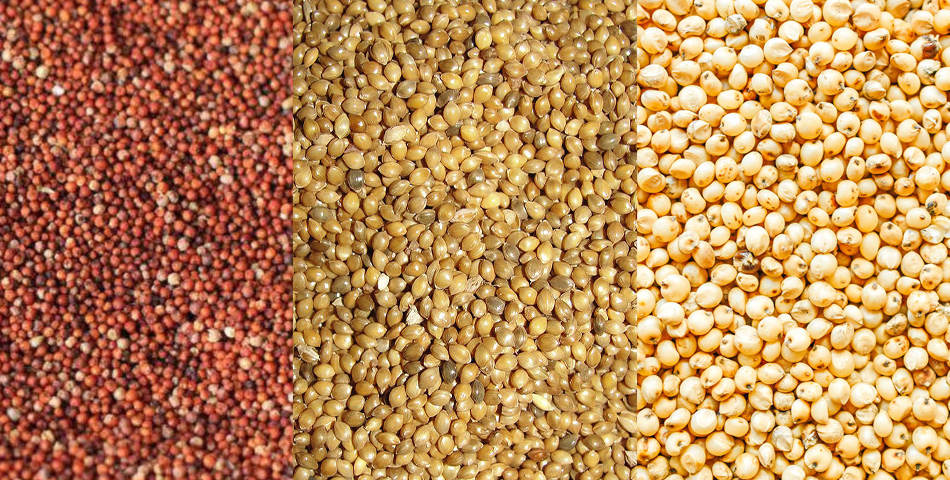
For the optimum functioning of the body including an efficient immune system, the right balance of vitamins and minerals plays a very vital role. These micronutrients are needed in very small quantities, easily available in most of the foods. Yet in today's times, there seems to be a need to supplement them through sources other than food consumed in meals. Our ancestors didn't need to supplement, yet they were very active and lived longer and healthier than us. Is this just a fad or a marketing gimmick by the producers of these products?
Why and when does one need to supplement?
It's become a necessity to supplement today, because most of the produce of vegetables and fruits are treated with pesticides that seep away the nutrients. The current methods of cooking used like over grilling, deep-frying, boiling more than required hamper the natural nutrients present in the food. The burgeoning of fast food has led to weaker digestive systems, which further hinders the absorption of the essential nutrients.
As we age our capacity to assimilate nutrients decreases due to inadequate HCL produced by the body. For example, Vitamin B12 needs an intrinsic factor, which is made in the digestive system itself, if this intrinsic factor gets diminished, one cannot absorb much of the B12. Hence, the common deficiency of vitamin B12. Vegans or vegetarians may also need to supplement this particular vitamin.
Many a times we think we are eating healthful food but actually they have been stripped off their nutrients. Rice loses most of its vitamins when it is polished to turn it from brown to white.
People suffering from a medical condition that will affect the assimilation of nutrients may need to add supplements. Someone who has gone through a digestive tract surgery like a bariatric surgery will not be able to eat the required amount of food and its the absorption gets slowed down as well. Hence, the need to supplement. Stress, alcohol consumption, excessive antibiotics, pollution all affect the digestive tract and hence the need to supplement becomes an unavoidable requirement.
How can one avoid supplements?
Micronutrient deficiencies if not taken care over a period of time can lead to several problems like hair fall, skin issues, weight gain or sudden weight loss, low energy levels, hunger cravings, low immunity, low blood count, aches and pains in joints, etc. Supplementing then becomes inevitable. However, if one implements the following, one can avoid the need to supplement.
How does one decide to go on supplements?
If you see symptoms like fatigue, persistently low energy levels, low immunity, it would be wise to check on the levels of vitamins and minerals, and if you are deficient, see your general practitioner or a nutritionist who can assess your condition and prescribe the right dosage of the right nutrient needed. Don't self assess or take a supplement only because it's a norm or everyone else is having it. Supplements do have their own regulations and biological effects on the body. This makes them unsafe at times, when especially one is also on certain medications. It's therefore very important to evaluate the interference of absorption of some vitamins with a particular drug.
The modern world does demand the need of supplementing. But it's important to remember that supplements are not a substitute to a balanced diet. They can only complement or replace the nutritive value of consumed foods, if not found adequately in foods. If you are doing your best to eat healthy, fresh, and nutrient dense foods, supplements may not be a necessity. Make the right choice, the right decision for the right reason.
Author Pooja Bhargava is Founder/CEO of Fitness U and Nutrition (F.U.N.) as well as certified Personal Trainer by ACSM (American Council of Sports Medicine) and IIFA (Indian Institute of Fitness Administration), Nutrition Consultant and Physical Fitness expert.




Be the first one to post a comment